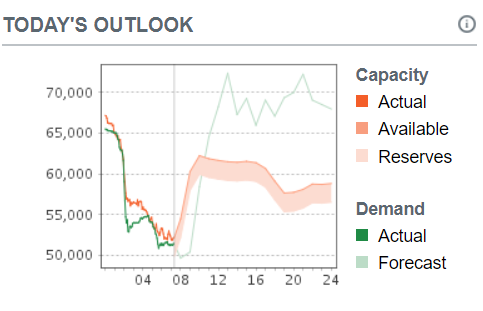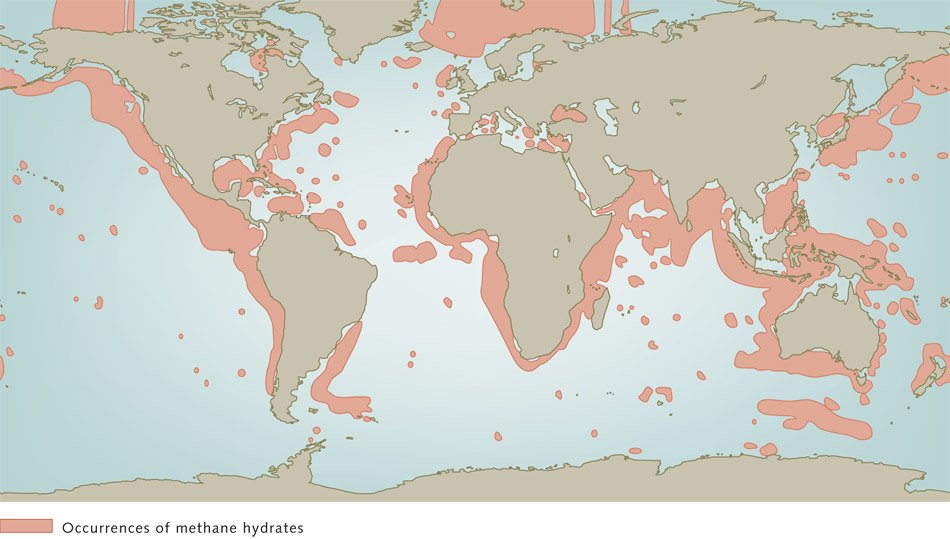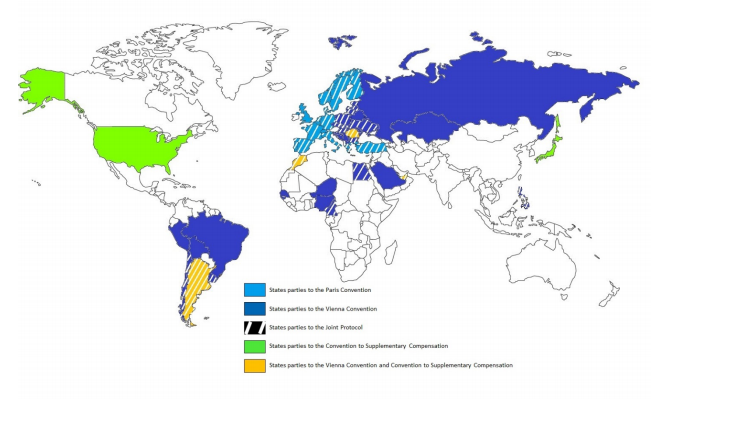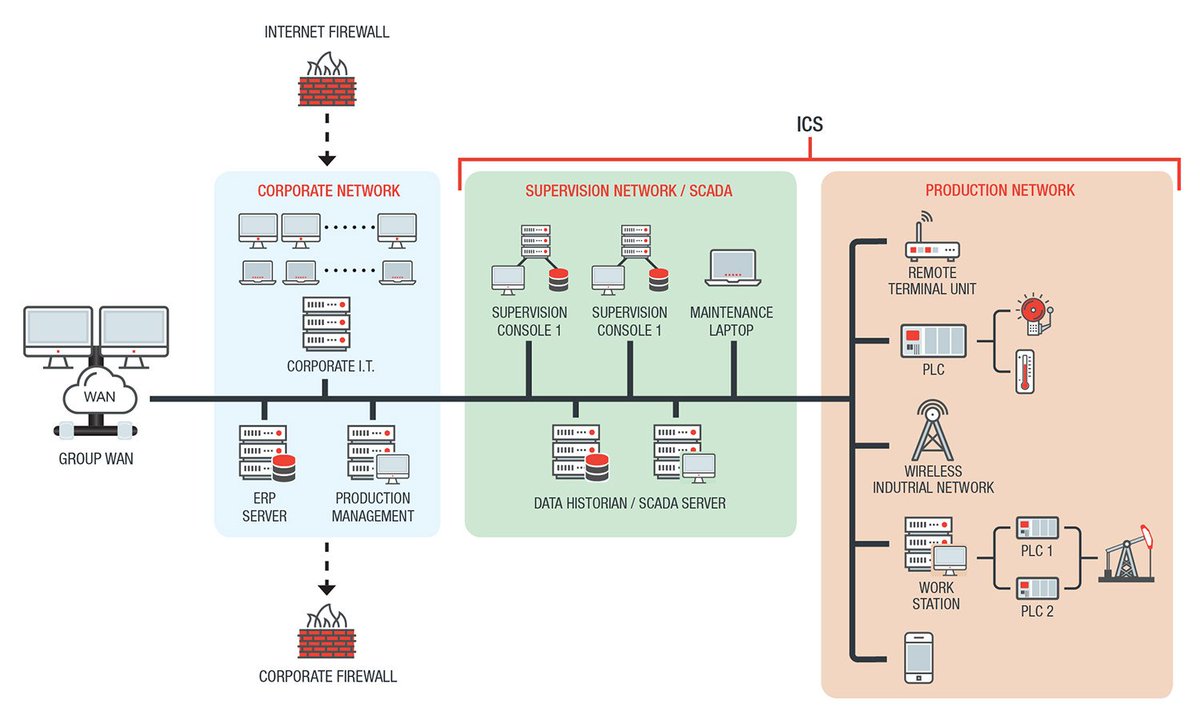
Enabling American industrial power - space, nuclear, oceans, mining |
VP Regulation @zeno_power
Fellow @payneinstitute
Views my own. He/him
3 subscribers
How to get URL link on X (Twitter) App

https://twitter.com/GernotWagner/status/1561877820409724929If anything, this underscores the reserved nature of the Supreme Courts ruling. It was focused on an important doctrine ("major questions"), but had it gone after the endangerment finding, Congress would have just overruled it
https://twitter.com/WhiteHouseCSO/status/1533809343547723777The DPA is not meant to support long-term civil domestic infrastructure. It's two most recent high-profile uses, COVID and baby formula, are acute health security issues.
https://twitter.com/GernotWagner/status/1497622066543136770Now that most European countries have decided to provide weapons to Ukraine, Europe and allies must prepare for Russia to cut off all gas exports. They've already constrained volumes and invaded a sovereign state. Cutting off exports, or even the threat, jeopardizes public safety
https://twitter.com/JesseJenkins/status/1497649264947863553In most cases, these units are in various stages of decommissioning. These may be irreversible.

https://twitter.com/ezraklein/status/1384707199172177926The post reviews the argument in a recent book “Why Nuclear Power Has Been a Flop.” It notes that nuclear power plants in many countries are expensive, and lays much of the responsibility on nuclear safety regulation rootsofprogress.org/devanney-on-th…

https://twitter.com/ERCOT_ISO/status/13612652602174464022. When California suffered rolling blackouts last summer, @MBazilian and I cautioned that such events are complex.







